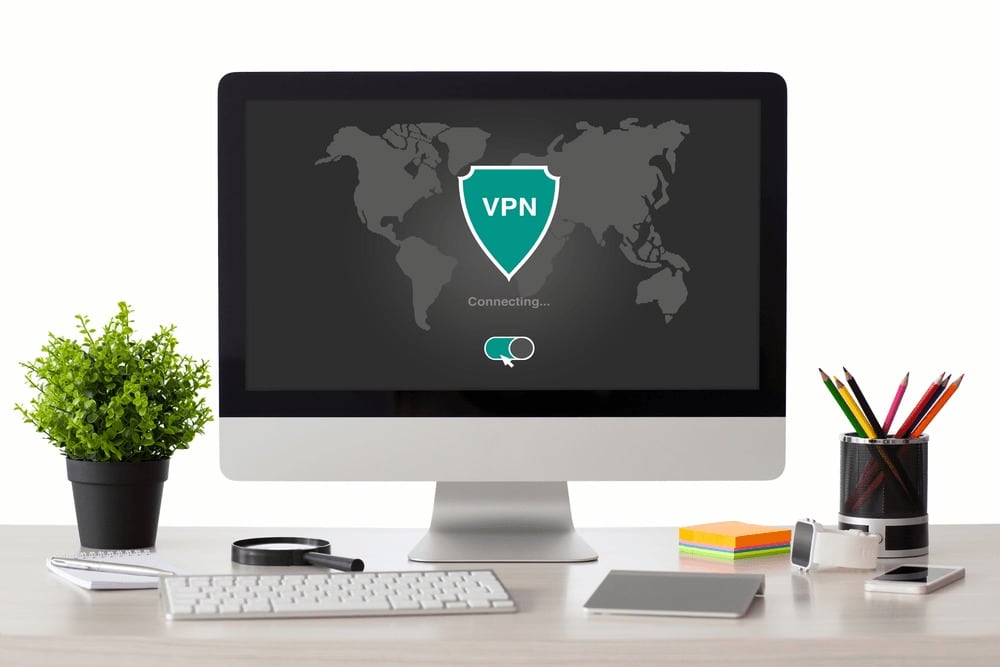Expanding into a new market like Saudi Arabia can be an intimidating prospect for businesses of all sizes. However, the potential rewards are well worth the effort for companies able to successfully establish and operate a branch office in the Kingdom. This comprehensive guide will walk you through the entire process and provide expert tips to help your Saudi expansion go as smoothly as possible.
Why Consider Saudi Arabia for Expansion?
With a population exceeding 34 million and GDP over $700 billion, the Kingdom is the largest economy in the Middle East. As part of the Vision 2030 plan, Saudi Arabia is undertaking massive economic reforms under the ambitious leadership of Crown Prince Mohammed bin Salman. Some factors that make it an attractive market include:
- A young, tech-savvy population with increasing purchasing power
- Strategic geographic location and proximity to major markets
- Abundant natural resources, especially oil and gas
- Large domestic market across multiple sectors
- Sizeable spending power – Saudi household incomes rose over 10% in 2022 [1]
- Business-friendly reforms to attract long-term foreign investment
- Major infrastructure investments and policy initiatives to diversify the economy
Non-oil private sector growth is projected to rise steadily at 6-7% over the next 5 years as economic reforms kick in [2]. The Kingdom offers tremendous potential for foreign companies willing to adapt offerings to the local market.
Step-by-Step Process for Setting Up a Branch Office
While Saudi Arabia has made significant progress in easing regulations and procedures, establishing a branch office still requires meticulous preparation and compliance. Here is a step-by-step overview:
Research Requirements Thoroughly
Saudi Arabia can be complex for foreign companies to navigate. To avoid missteps, your first step should be:
- Consult with legal advisors and regulatory experts to understand all rules and paperwork required for your specific business.
- Learn about location options, real estate costs, and office set-up considerations.
- Get clarity on tax regulations – corporate income tax, VAT, payroll rules, withholding taxes etc.
Choose the Right Business Structure
The optimal structure for your Saudi branch office depends on factors like your business model, investment size, and desired control levels. Main options include:
| Structure | Overview | Pros | Cons |
| Limited Liability Company (LLC) | Most common structure for foreign companies. Requires 51% Saudi ownership. | – Greater control for foreign investor – Lower capital requirements | – Need Saudi partner – Profit sharing mandatory |
| Joint Venture (JV) Company | Partnership between foreign & Saudi company | – Shared resources and local knowledge | – Complex profit/loss sharing |
| Public Shareholding Company | Listed on Saudi stock exchange | – Access to wide capital base | – Higher costs & scrutiny |
| Commercial Agency | Saudi agent imports/distributes products | – Quick market entry | – Little control or brand representation |
Consult with advisors and partners to select the optimal structure aligned with your objectives and risk appetite.
Find a Reputable Saudi Sponsor or Partner
Nearly every structure requires finding a Saudi citizen or company to sponsor your business permit and licenses. Conduct thorough due diligence to identify partners who are:
- Reputable with a solid track record
- Experienced in helping foreign companies set up operations
- Aligned with your industry, business goals and corporate values
- Willing to take on regulatory responsibilities and represent your interests
Former diplomats or business executives are often strong candidates with the right connections.
Handle Licensing and Registration
Your local sponsor will navigate paperwork and liaise with government agencies to secure necessary licenses and permits. Typical requirements include:
- Foreign investment license from the Ministry of Investment (MISA)
- Commercial registration from the Ministry of Commerce
- Industry-specific permits from organizations like Saudi Food and Drug Authority, Communication Authority etc.
The process has gotten faster with special investment courts and tacit approval for some documents. Still, it takes 6-12 months so initiate applications early.
Set Up Your Office
Once licenses are in place, you can proceed with business registration, opening a bank account, hiring staff and establishing your branch office location. Appoint experienced legal counsel to ensure compliance.
Some authorities also require that you have an actual registered address before issuing final approvals, so you may need temporary office space.
Evaluating Branch Office Locations
Choosing the right location is critical – it impacts everything from talent acquisition to operating costs and customer access. Consider factors like:
- Access to target markets – Urban vs. rural locations, proximity to customer segments, port access if relevant
- Availability of qualified talent – Metropolitan areas and industrial cities tend to have better talent supply
- Infrastructure – Assess transportation access, telecoms, utilities availability in shortlisted areas
- Real estate costs – Office purchase or rental costs, industrial land pricing
- Incentives – Special Economic Zones offer attractive subsidies and exemptions
- Lifestyle amenities – Options for comfortable housing, schools, recreational facilities
Balancing costs, talent needs and strategic value in your location evaluation is key. Jeddah, Riyadh and Dammam are popular picks for foreign headquarters.
Building Your Local Team
Hiring the right staff is crucial when establishing Saudi operations. Some tips:
- Prioritize roles requiring cultural fluency and local relationships for Saudi nationals.
- Bring expat talent with specialized skills from HQ for management/technical roles.
- Interview extensively and assess candidates‘ English proficiency if needed.
- Invest in training programs to develop talented young Saudi professionals.
- Create attractive packages and career paths to retain top local talent.
- Forge an adaptive culture via team building, cross-training and open communications.
Also be aware of the Kingdom‘s Saudization quotas and limitations on foreign workers in certain roles. Stay legally compliant while crafting smart localization strategies.
Understanding Key Saudi Regulations
While the business environment is improving, Saudi Arabia still requires close adherence to specific regulations:
| Regulation | Key Requirements |
| Taxation | – 20% corporate income tax – 15% VAT on goods and services – Payroll taxes on employee income |
| Labor | – Saudization quotas for hiring locals – Limitations on foreign worker permits – Minimum wage requirements |
| Compliance | – Data protection laws – Industry-specific permits – Anti-bribery and corruption laws |
| Accounting & Audit | – Annual audited financial statements – Bookkeeping as per Saudi GAAP – Invoicing and tax reporting compliance |
Failure to adhere to Saudi regulations can lead to major fines or business disruptions, so ensure full legal compliance.
Crafting a Solid Business Plan
A detailed business plan is instrumental when entering a complex market like Saudi Arabia. It should cover:
- Financial Projections – Startup costs, operating budgets, capital requirements, breakeven analysis, KPIs
- Marketing Plan – Brand positioning, advertising channels, partnerships, events
- HR Strategy – Hiring plan with salary benchmarks, training programs, retention tactics
- Operations – Supply chain strategy, IT infrastructure, identifying local vendors/partners
- Risk Management – Contingency planning, data security, protection of intellectual property
- Exit Strategy – Timelines and milestones to review viability and exit if goals aren‘t met
Refine your plan as you gain on-ground experience. Remain flexible and agile – your Saudi operations may evolve differently than envisioned.
Key Considerations for Successful Saudi Expansion
Entering Saudi Arabia can be highly rewarding for foreign companies that respect the unique culture and invest wholeheartedly for the long term. Some key factors that contribute to success include:
- Adapting products and services to suit local preferences
- Leveraging experienced advisors and legal counsel
- Finding the right Saudi sponsor or JV partner – don‘t compromise here
- Investing time and effort in nurturing relationships and trust
- Understanding business etiquette and communications norms
- Mastering the Arabic language sufficient for basics
- Resolving conflicts or disputes calmly through proper channels
- Balancing expatriate capabilities with Saudi talent development
- Maintaining high ethical standards and total compliance
"Foreign companies cannot take a ‘copy and paste‘ approach in Saudi Arabia. Thoughtful adaptation, patient relationship building and a long view on ROI are essential here," notes Ahmed Nasser, CEO of Nasser Holdings and prominent businessman.
With visionary thinking, resilience and cultural alignment, your Saudi Arabian expansion can tap into tremendous opportunities for growth. By partnering with the right local players and leveraging Saudi capabilities, your branch office can gain solid footing in this high-potential market.
References:
[1] General Authority for Statistics (GASTAT) report on Saudi household income trends[2] IMF projections on Saudi Arabia GDP growth






